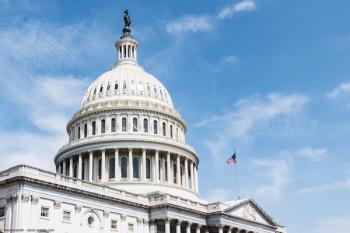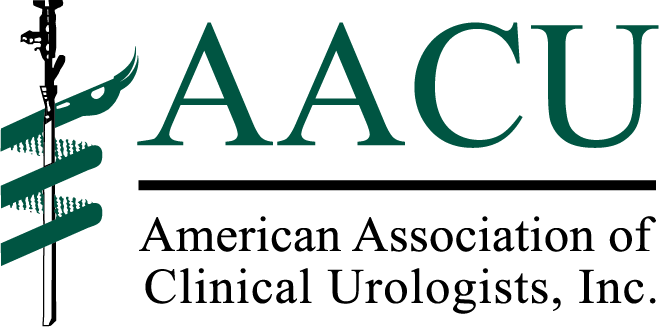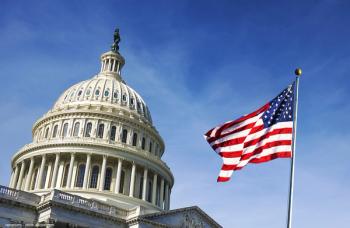
Lame-duck deeds demonstrate president’s drive to deliver on drug prices

"The middlemen that manage insurers’ pharmacy benefits are stunningly successful in gobbling up the discounts drug makers intend to offer patients," writes Ross E. Weber of the AACU.
Based on a partnership with Urology Times, articles from the American Association of Clinical Urologists (AACU) provide updates on legislative processes and issues affecting urologists. We welcome your comments and suggestions. Contact the AACU government affairs office at 847-517-1050 or info@aacuweb.org for more information.
Stymied by Congress and dissatisfied with the pharmaceutical industry’s unwillingness to propose transformative programs to rein in the cost of prescription drugs, President Trump has lately redoubled his executive actions to promote transparency and cut prices.
Following the issuance of wide-ranging executive orders throughout 2020, more formal rules were announced November 20 “to very dramatically lower the price of prescription drugs for the American people, especially for our cherished seniors,”
The middlemen that manage insurers’ pharmacy benefits are stunningly successful in gobbling up the discounts drug makers intend to offer patients. A 2018 analysis found that insurers got $89 billion in rebates from drug companies in 2016. Efforts to increase transparency are slowly advancing through state legislatures and the US Supreme Court will soon rule on an Arkansas law that regulates PBM payments to pharmacies. Fiercehealthcare
Opponents say the move will actually increase costs for Medicare beneficiaries because insurers use the rebates to lower premiums. America’s Health Insurance Plans, the industry’s trade group, asserts, “Drug prices are out of control because Big Pharma alone sets and controls drug prices, not because health insurance providers and our PBM partners negotiate discounts and rebates to reduce drug prices.”
The AACU, for one, associates itself with the Alliance for Transparent and Affordable Prescriptions whose president said, "For far too long, the PBM industry has been generating significant profits while patients struggle to afford the cost of prescription drugs. PBMs owe it to patients to pass along savings and the rebates received on to the patient."
Providers, payers, and the pharmaceutical industry alike take issue with the president’s other late-term regulation that ties reimbursement of Medicare Part B drugs to an international standard. The American Journal of Managed Care®
The mandatory payment model will focus on 50 single-source drugs, including biosimilars, that most impact Medicare spending. Centers for Medicare & Medicaid Services Administrator Seema Verma said, “While there are market forces and negotiations that serve to reduce cost in other parts of the health care system, it just doesn’t exist in Part B.”
Physicians were quick to refute the notion that they are primarily driven by a profit motive. Drug makers, meanwhile, assert that price controls from other countries will suppress investment in research and discovery of advanced therapies. The most favored nation proposal is also opposed by senators in the president’s own party. While drafting the bipartisan Prescription Drug Pricing Reduction Act of 2019 (S. 2543), most Republicans on the Senate Finance Committee backed an amendment to block the administration from taking such an action.
The prospect of either rule taking effect—rebates in 2022 and most favored nation in 2021—is unclear. Reuters reports that economic analysts do not expect them to survive court challenges or a new administration.Addressing the prospect of legal battles, Secretary of Health and Human Services Alex Azar said, “We feel that both regulations are extremely strong and any industry challenging them is declaring themselves at odds with American patients.” President-elect Biden, meanwhile, is known to oppose the rebate proposal, believing that insurers would likely hike premiums to cover some of their losses. The most favored nation proposal, on the other hand, is something Democrats support. Indeed, that policy was included in a prescription drug bill passed by the Democrat-controlled House of Representatives last year.
Whatever may happen to these efforts in the future, it is clear that President Trump was determined to follow through on a promise made during his first campaign. The actions demonstrate, according to the president himself, “I have been loyal to our patients and our people that need [prescription drugs] and devoted myself completely to fighting for the American people. You see that. This is not an easy thing to do.”
Newsletter
Stay current with the latest urology news and practice-changing insights — sign up now for the essential updates every urologist needs.






